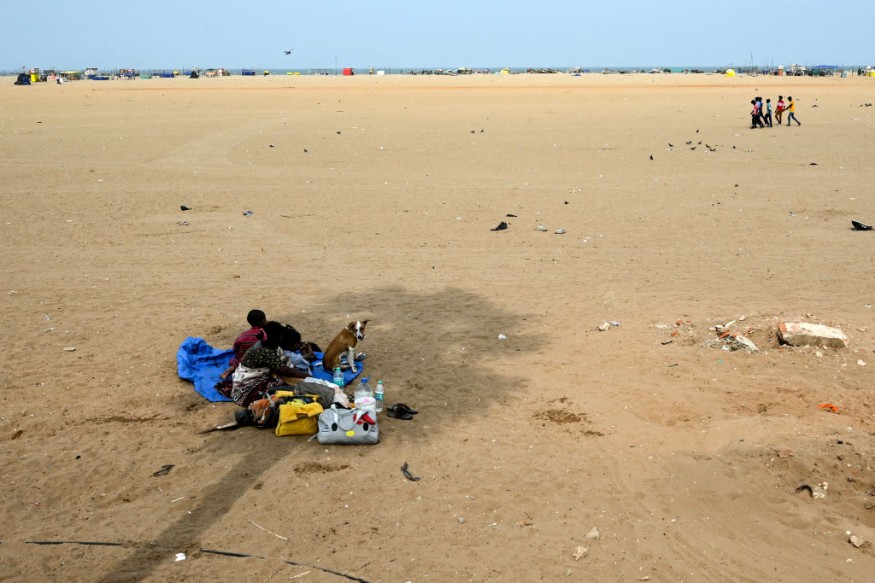Climate change has been a major culprit in extreme weather events. In a recent report, it has caused an average of 26 more days of scorching heat, making communities vulnerable to heat-related health concerns.
In recent Nature World News (NWN) reports, climate change has been identified as significant causes of temperature fluctuations. Challenging temperatures can lead to drought and wildfires, which could put at risk vulnerable populations.
With increasing emissions, climate change effects can likely exacerbate, resulting in climate extremes. The frequency of this extreme weather can potentially threaten poorer communities.
Consequently, understanding climate change impacts is essential to developing climate mitigation plans despite the threats of soaring temperatures.
Climate change and extreme heat

The latest report emphasizes the significant impacts of human-caused climate change on hotter conditions, which have resulted in an average of 26 more days of scorching heat over the last 12 months. Prolonged extreme heat can be deadly, particularly for older adults, people with medical conditions, children, and outdoor workers.
The warming trend can also worsen due to El Nino effects, making it more challenging for areas without cooling systems. In a recent Nature World News (NWN) report, Mexico suffered from exceptional heatwaves, killing 48 since March. The country also recorded over 950 people who suffered from heat-related health concerns.
In analyzing the possible impacts of climate change, the researchers examined data from 1991 to 2020, investigating the influence on extreme heat days. In 2023, the world experienced unusual heat, making the year the hottest on record.
The report indicates that over 6.3 billion people have suffered from challenging heat in the last year, with at least 31 days of extreme heat. Additionally, at least 63 extreme heat were recorded from 90 countries.
Latin America is also affected by unprecedented heat. Reports note that El Salvador, Panama, Ecuador, Guyana, and Suriname experienced climate change driving extreme heat.
Emergency response systems and climate mitigation
As the world suffers from widespread intense it, the report underscores the importance of climate action. Additionally, raising awareness of extreme heat effects is essential. Communities and authorities should develop emergency response systems for better weather monitoring and responses.
As climate change worsens, more areas, even in colder regions, can experience deadly heatwaves. In a recent report by NWN, Finland, a colder country, recorded unusually warmer conditions, indicating the effects of global warming.
Community preparedness: Safety tips to protect from heatwaves
Reports highlight that heat waves are life-threatening, and it is best to avoid prolonged exposure to hot weather as much as possible. Additionally, communities can prepare better for climate change-caused intense heat.
Staying updated with the latest weather information and heat warnings can mitigate the impacts. Homeowners should also spot signs of heat illnesses, such as heat stroke and heat fatigue.
Related Article : Global Impacts Of Climate Change Set To $38 Trillion A Year By The Middle of The Century, Study Says
For more similar stories, don't forget to follow Nature World News.
© 2025 NatureWorldNews.com All rights reserved. Do not reproduce without permission.





